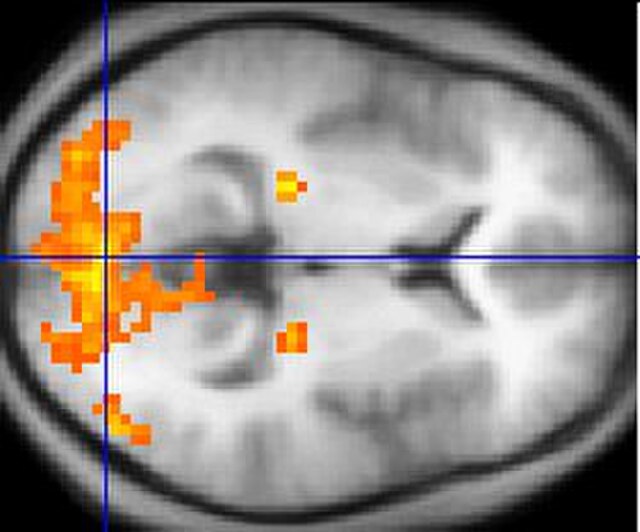Infinite photos and videos for every Wiki article ·
Find something interesting to watch in seconds
Rare Coins
Celebrities
Orders and Medals
Animals
World Banknotes
Wars and Battles
Richest US Counties
Recovered Treasures
British Monarchs
Great Artists
Crown Jewels
Best Campuses
Countries of the World
Largest Empires
Kings of France
Supercars
Presidents
Wonders of Nature
Great Museums
Great Cities
Tallest Buildings
Ancient Marvels
Sports
Famous Castles
History by Country
Largest Palaces
more top lists







